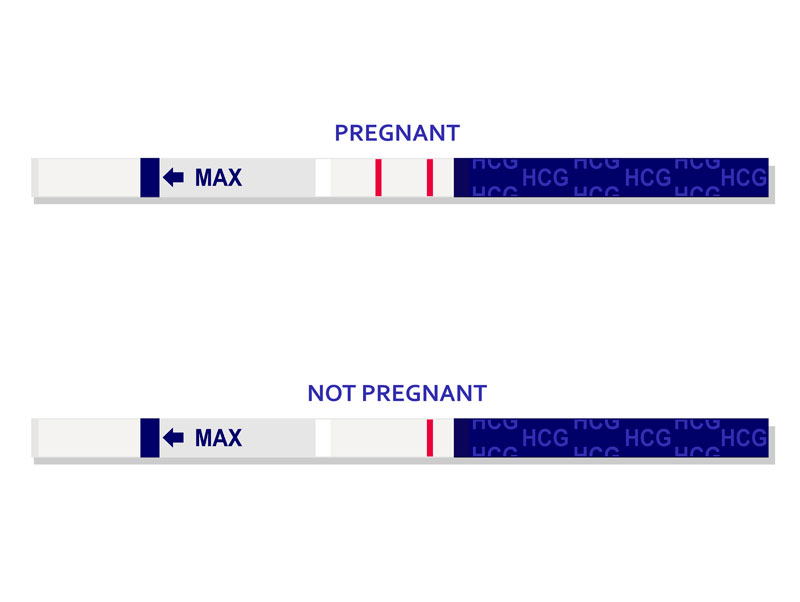Partners and Funders: University of Illinois Department of Economics, Bill and Melinda Gates Foundation
Description: Unmet demand for contraceptives remains high in sub-Saharan Africa, with 25% of married women reporting wanting to avoid pregnancy but not currently using modern contraceptives. One factor contributing to unmet demand is that women are refused access to hormonal contraceptives in some settings because family planning providers cannot rule out pregnancy if the woman is not menstruating at the time of her visit. Home pregnancy tests – which now cost less than 10 cents each – have the potential to facilitate family planning uptake and significantly improve reproductive, maternal and child health outcomes in sub-Saharan Africa, including Uganda. These tests are easy to administer, disposable, inexpensive and have a low false positive rate. Yet, for women living in rural areas in sub-Saharan countries, these tests are typically unavailable outside of health centers or they are prohibitively expensive. This study investigates women’s underlying beliefs about pregnancy status and examines how providing access to home-based pregnancy tests – thus facilitating earlier resolution of uncertainty of pregnancy status – influences their beliefs and decisions to take up family planning or seek appropriate pregnancy services.

